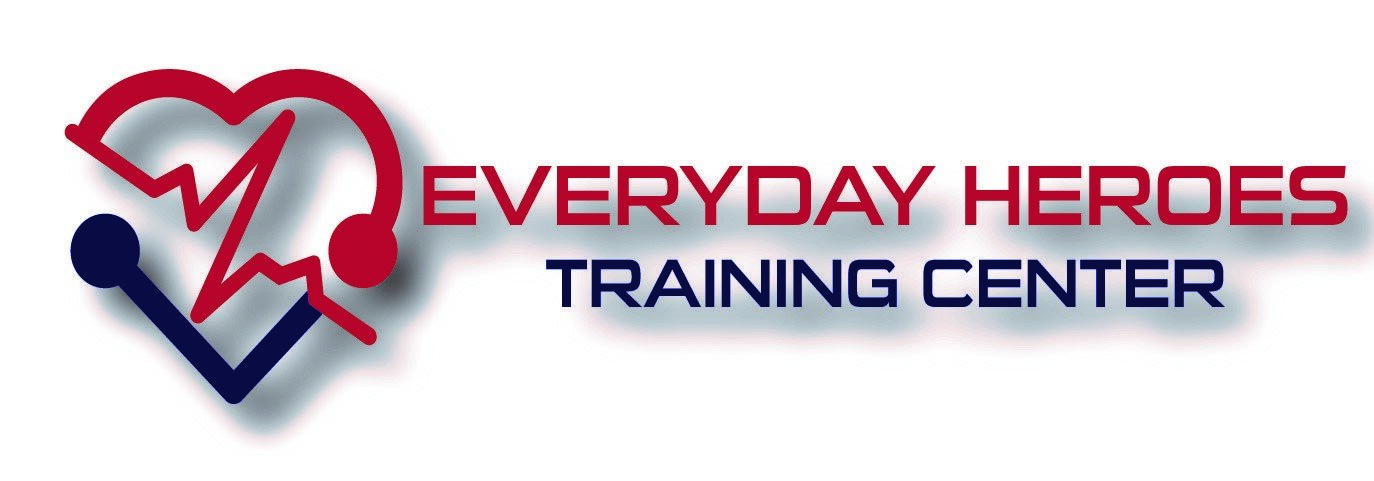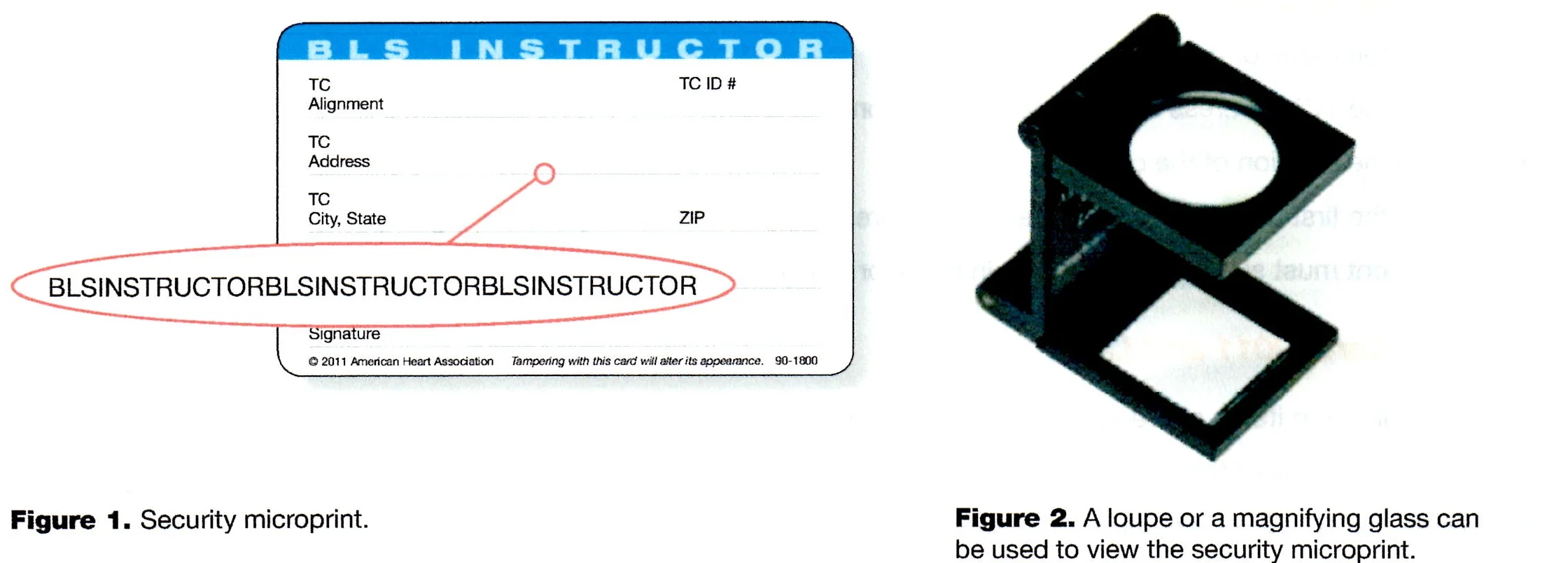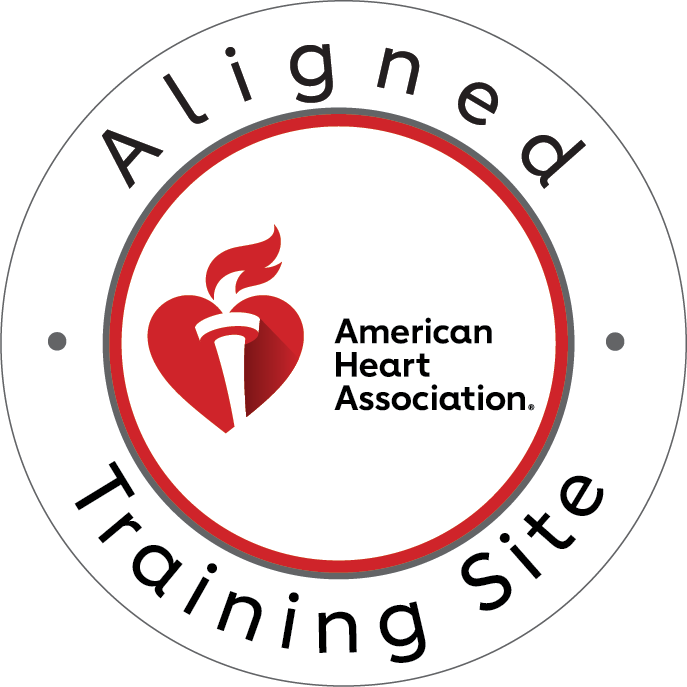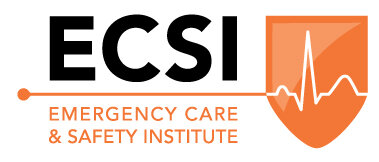Beware of CPR class scams
/CPR card scams
Be careful of cards that are made to look like American Heart Association cards. They want you to think they are official American Heart Association cards. Look carefully to make sure the card has the actual American Heart Association logo.
This is an older version of an American Heart Association Healthcare Provider Card
This is not an American Heart Association card. Notice how they make the card look very similar to an AHA card. The format is the same, same colors, they even make a similar logo in the upper right corner like the AHA card
This is the current version of the American Heart Assocation BLS for Healthcare Provider card
American Heart Association cards have security features to protect against fraud. For example, the cards have highlighted areas for the name, issue date, and renewal date so the information cannot be altered once the card is printed. Each discipline is designated by a color stripe at the top edge of both sides of the card. BLS and Heartsaver are Blue, ACLS is red, and PALS and PEARS are purple. All cards with a copyright year of 2006 or later use security microprinting for the information lines. For cards produced in 2001 and later, the card name in the top bar is the repeated text. For example, the microprint on the BLS for Healthcare Provider card is "HEALTHCAREPROVIDERHEALTHCAREPROVIDER" (Figure 1). If the card is copied, the microprint is not visible and the line simply shows up as a line.
Online only classes
Some CPR "Training Centers" want to sell you a CPR card that you can get simply by taking a course online in about an hour. Don't be fooled by these companies, even if they guarantee that their class is accepted everywhere. Check with your regulatory agency to confirm what is required before taking
a class that is only online with no hands-on skills involved. Don't believe a website just because it says they are accepted by everyone. Most regulatory agencies, especially for healthcare providers, require hands-on practice and testing, and an increasing number of medical facilities are specifically requiring American Heart Association certification. In fact, there are agencies such as the California EMS Authority that requires childcare providers to receive 8 hours of pediatric first aid including CPR and AED, and no part of it can be online. The American Heart Association offers all courses, except Heartsaver Pediatric First Aid, in an online format, but students are required to perform the skills for an AHA Instructor to receive their card. Don't get tricked into taking an ACLS or PALS course that is only online. Any agency that requires you to obtain your ACLS or PALS certification will need to to actually perform skills.
Besides, are you really learning how to do CPR or run a cardiac arrest code when you never actually perform the skills? Anyone can read a book or watch a video. You learn the skills a lot more when you actually do them. Don't sell your patients short. Get the right training so you can help them when they need it.
Random guy in the parking lot
Another dangerous way to receive your CPR card is to get it from a guy that just prints one out for you without actually taking a class. Entire groups of hospital personnel have had their cards made invalid and subsequently fired from their jobs because they got their cards from someone printing them in the parking lot for $20 at their lunch break. A proper American Heart Association course involves watching the proper AHA videos, performing the skills, testing the skills, and a written exam (if necessary). This is why every student must sign in to the course roster with their name, address, and phone number. That way each student could be contacted to make sure the class was conducted in the proper manner should questions arise in the future.
Fake American Heart Association classes
Don't be fooled by a website that says "Uses American Heart Association standards" They are not affiliated with the American Heart Association. They just use the same standards and want you to think they are official. Look for the American Heart Association logo to make sure it is an official American Heart Association training center or training site.
Don't waste your money and risk your job. Get the right training the first time. American Heart Association courses are the gold standard in Emergency Cardiovascular Care.
If you've heard of any other CPR scams, please let us know so we can add them and get the information out to everyone.











